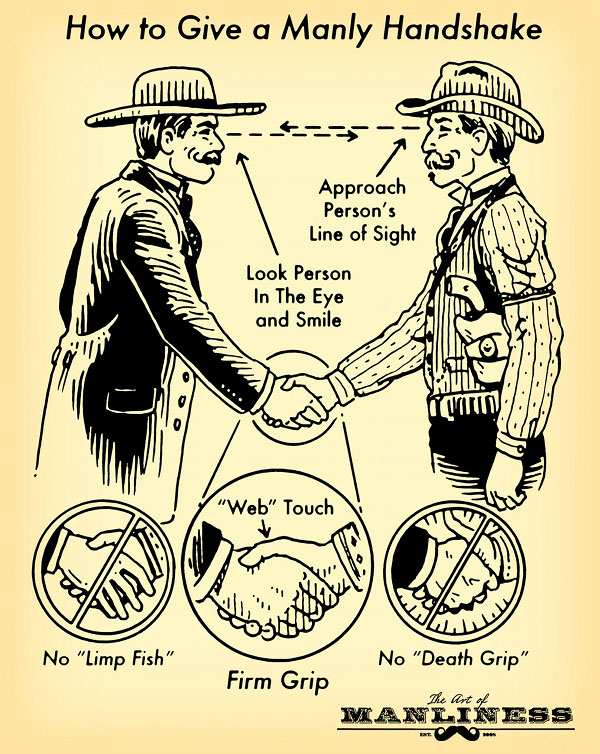Take the time to think about the documentary you have just watched.
Take this Quiz: http://www.sbs.com.au/thefacttester?question=4
- What is your initial reaction to the show?
Take this Quiz: http://www.sbs.com.au/thefacttester?question=4
- What percentage of immigrants are refugees?
- Why does such a small number of people make for such a big deal both politically and in the media? (Give your opinion)
- Where does Australia rank among countries accepting refugees?
- To what extent do we have an obligation to help other people suffering in the world? (your opinion)
- How much extra support do refugees receive in comparison to other Australian citizens?
- How many Asian nations have signed the UN Refugee Convention?
- Why is it important to note that Malaysia has not signed the UN Refugee Convention? What does this mean for refugees in Malaysia?



 Illustration by
Illustration by